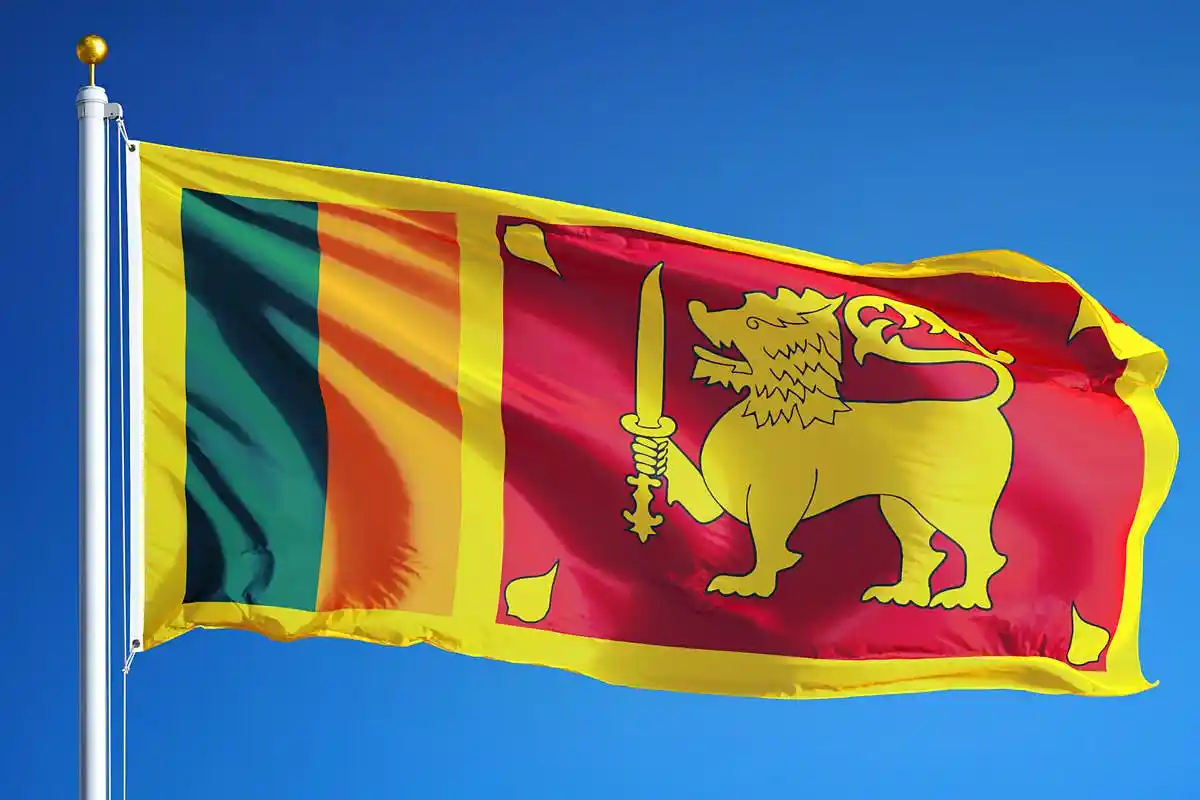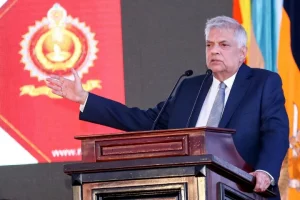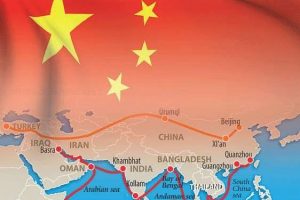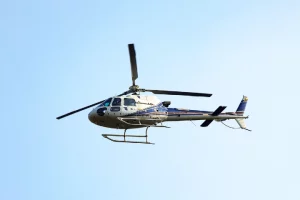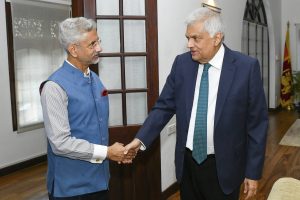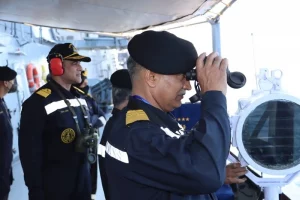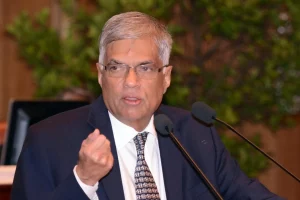India has delivered 40,000 metric tonnes of fuel to cash strapped Sri Lanka to help it in preventing disruption of diesel supply. The consignment was handed over by the Indian High Commissioner Gopal Baglay to Sri Lankan Energy Minister Udaya Gammanpila and Ports and Shipping Minister Rohitha Abeygunawardena at the Colombo harbour.
Energy Ministry sources told Sri Lankan news organization The Island that Baglay, “intervened swiftly after the government sought a stock diesel until USD 500 mn loan offered by India could be finalised.”
According to the news organization Addressing the media at the Colombo harbour, Gammanpila profusely thanked India for coming to Sri Lanka’s rescue. He also said that “due to severe financial crisis the country was struggling to procure fuel.”
Also read: Indian tourists flock to Sri Lanka, as Colombo resumes visa on arrival facility
Meanwhile, Sri Lanka’s Finance Minister Basil Rajapaksa is expected to pay another visit to India in the next couple of weeks to finalise the economic relief package. Besides, last month, External Affairs Minister S Jaishankar held talks with Sri Lanka’s finance minister to discuss ways to enhance cooperation including economic and business between the two countries.
This will be his second visit in two months. Amid depleting foreign exchange reserves, Sri Lanka’s next big challenge will be a $1 billion bond repayment due in July.
As the Covid 19 pandemic hit hard, Sri Lankan economy is facing a twin challenge of fast eroding foreign exchange reserves and surging inflation. Sri Lanka’s President Gotabaya Rajapaksa declared a state of economic emergency in September last year.
In January, Sri Lanka’s Cabinet also gave its approval to India for jointly developing the World War II era Trincomalee oil tank farm, a move that would give a big push to New Delhi. The deal will also help India balance China’s presence in the island nation.
This oil farm facility built by the British as a refuelling station, has a storage capacity of about 1 million tonnes, which is significantly higher than Sri Lanka’s demand.






